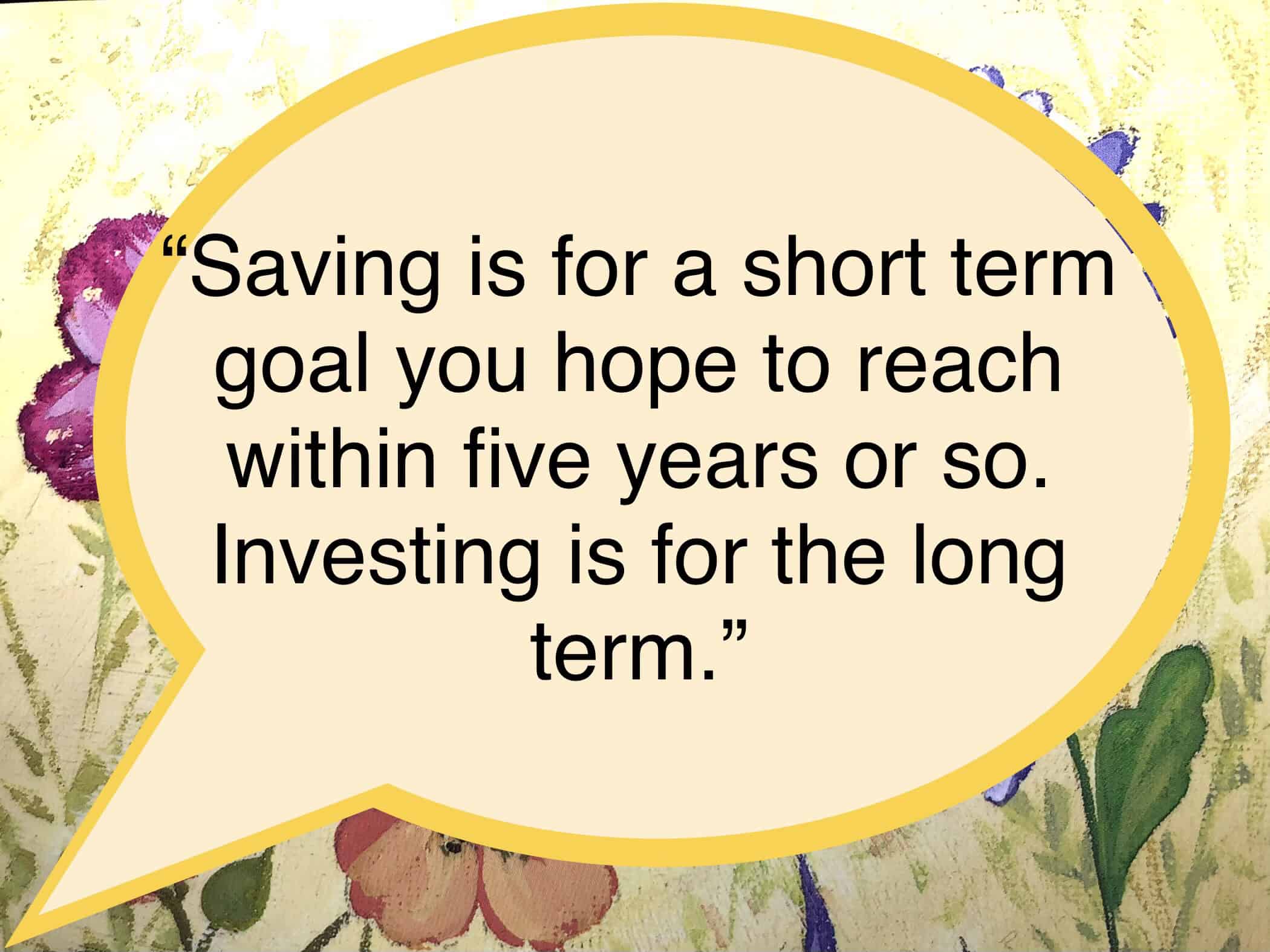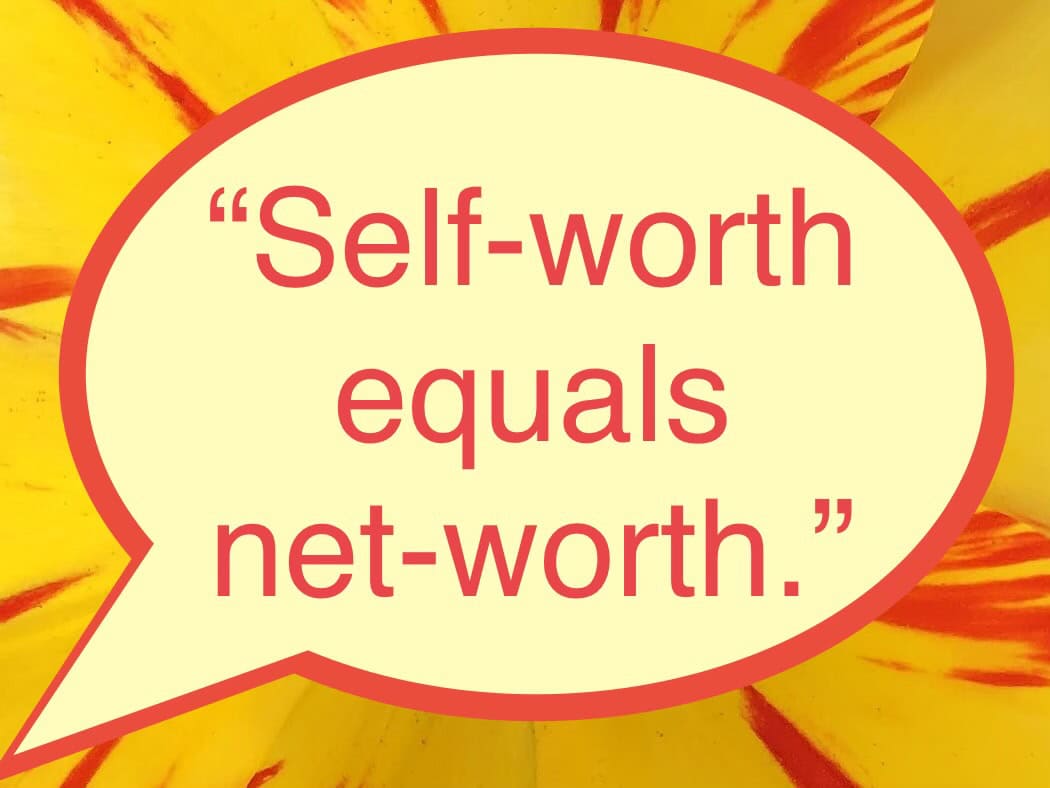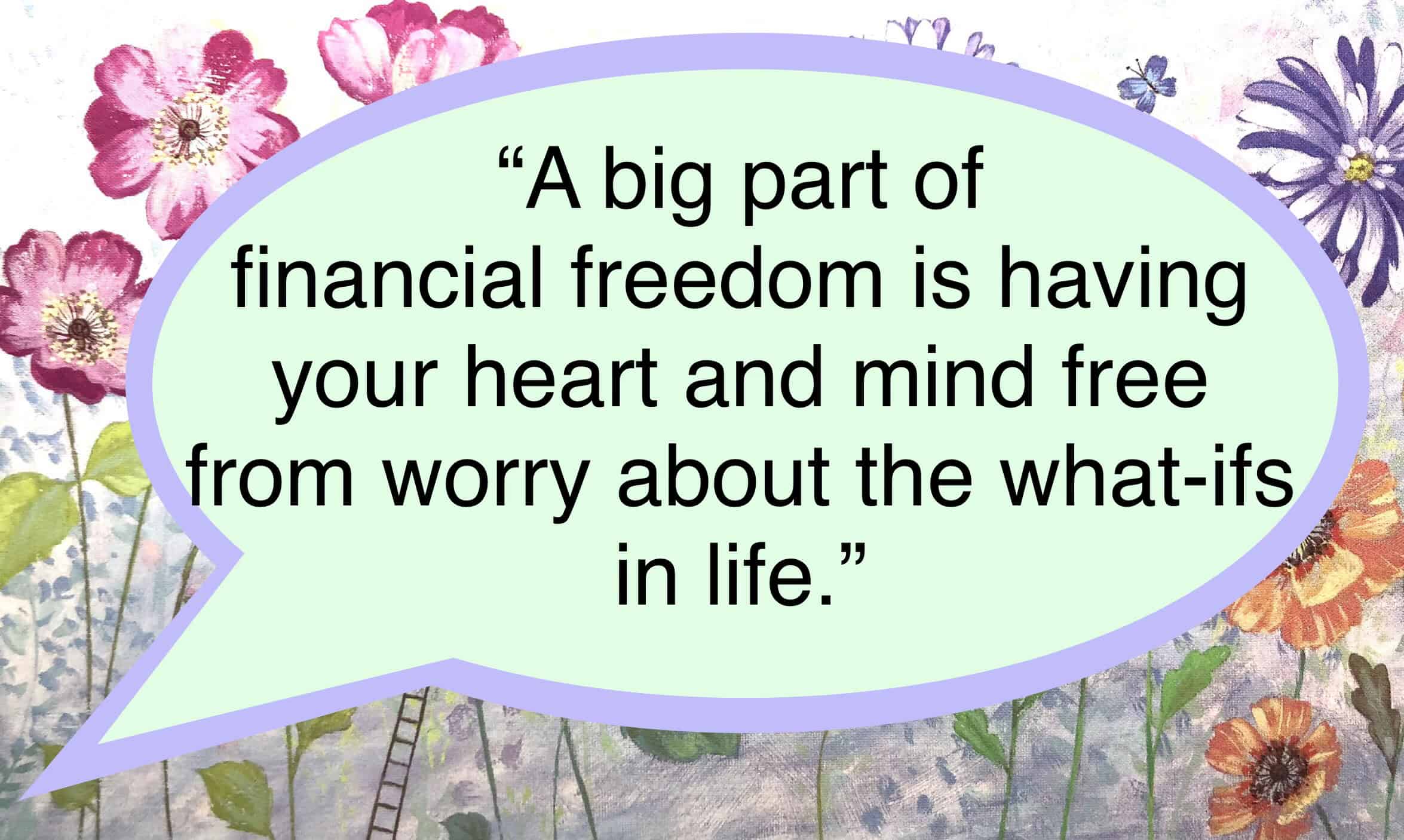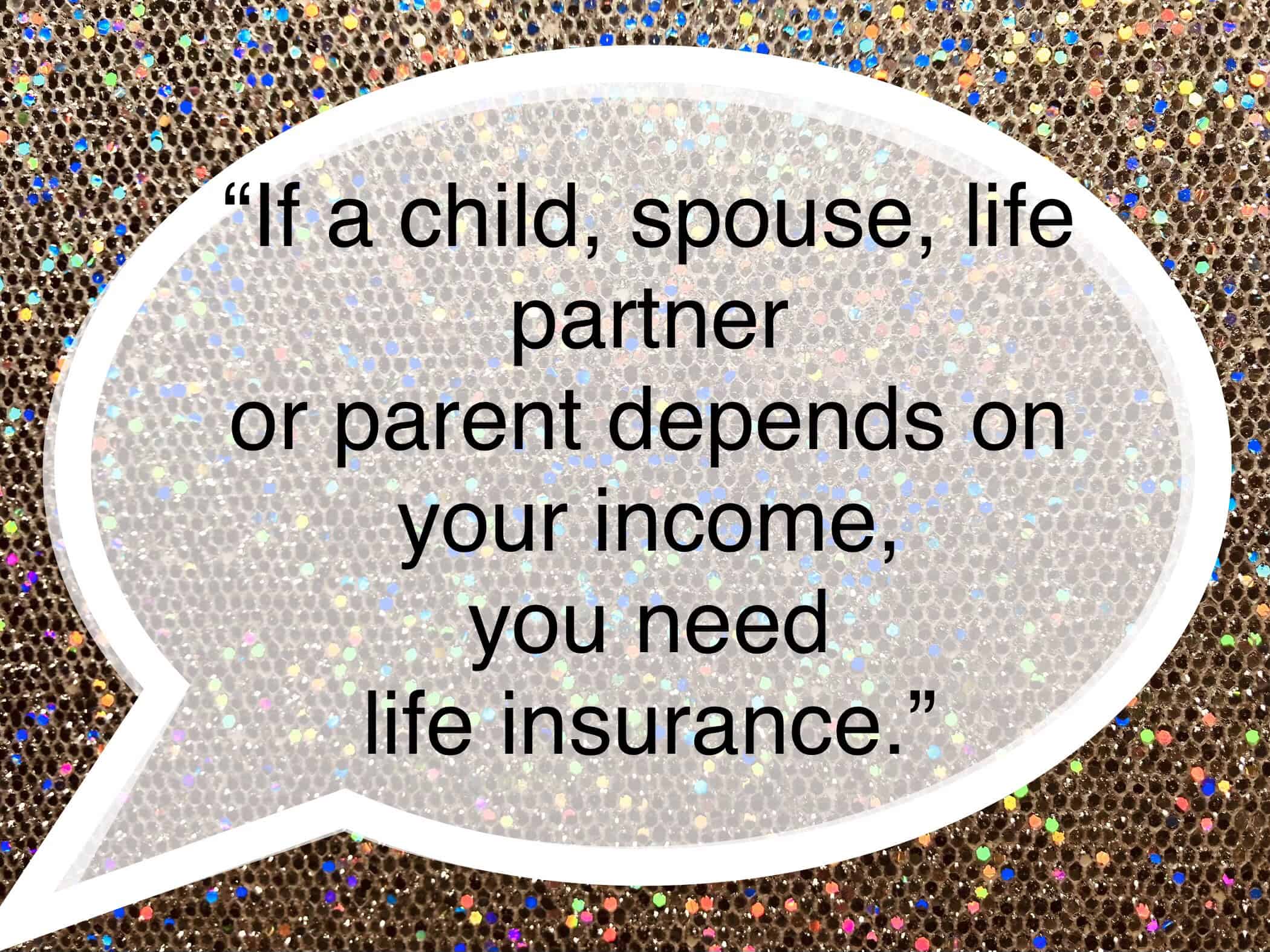Population and Social Characteristics
11 Suze Orman Quotes Every 60 Year Old Needs To Hear

Published:

As you sprint toward retirement, counting down the days is the easiest equation you’ll encounter. The mathematics of determining a retirement date based on financial ability involves intricate calculations including income streams, expenses, inflation rates, investment returns, and life expectancy. These complex equations can be downright daunting. Suze Orman to the rescue! Recognized for her straightforward, easy-to-digest financial tips and life advice, Orman is passionate about financial literacy. She has empowered many people to take control of their financial futures and believes it’s never too late to start. With that in mind, 2/7 Wall St. has created a list of 11 Suze Orman quotes every sixty-year-old needs to hear. Keep reading to see which ones speak to you!
Suze Orman is widely respected for her expertise in personal finance and her ability to communicate complex financial concepts in an accessible manner. Adhering to but one of the following suggestions could drastically improve your financial picture.



A privilege in the current surreal estate market, homeownership is indeed a hallmark of financial stability and security. Homeownership offers numerous advantages, including building equity, property appreciation, and tax benefits. Beyond the financial considerations, owning your own home allows for peace of mind, relieving concerns about rent fluctuations or lease terminations. If you’ve been considering purchasing a home, Suze Orman would encourage you to go for it.


The stock market is generally considered a long-term investment vehicle. While short-term fluctuations and volatility are common in the stock market, historical data shows that over longer periods stocks tend to provide favorable returns. Investing in the stock market with a long-term perspective allows investors to weather market downturns and capitalize on the market’s tendency to trend upward in the long run.


Saving for short-term goals is an important financial habit that can help you achieve your objectives. Whether it’s building an emergency fund, saving for a vacation, or making a major purchase like a car or a down payment on a home, setting aside money for short-term goals allows you to meet your needs without going into debt. Set realistic goals and create a budget that works. You’ll be at the beach before you know it!


Human relationships and personal well-being should take precedence in our lives. While money is necessary for meeting our basic needs and achieving our goals, it should not overshadow the importance of relationships, experiences, and personal fulfillment. Nurturing relationships and prioritizing the overall happiness of our loved ones and ourselves is priceless.


On the surface, this seems wrong, as self-worth should not be determined by external factors such as wealth or status. However, I believe Orman is attempting to convey that self-love and positive self-esteem equal a net positive, regardless of your current financial picture. While there can be a correlation between self-worth and financial success, they are not inherently connected. Love yourself anyway.


Financial freedom allows us to have greater control over our lives and choices by eliminating financial constraints and providing the means to pursue our goals. From peace of mind to the flexibility to indulge in our hobbies and passions without worry, having a solid retirement plan eliminates stress. If you haven’t planned for your retirement, you can start now by creating a budget to determine your current situation and identify ways to improve it. Working with a financial advisor can help you achieve your retirement goals. While it’s never too late to invest in the future, the sooner you begin, the better off you will be.


Conspicuous consumers rarely have healthy retirement accounts. Just because you have the means to purchase something doesn’t mean it aligns with your long-term financial goals. Prioritizing savings, investments, and debt repayment over discretionary spending can lead to greater financial security and stability in the future. By asking yourself what the true cost will be and carefully evaluating your spending choices, you can ensure that you’re maximizing the value of your money and directing it toward the things that matter most to you.


Life insurance serves as a financial safety net for loved ones in the event of the policyholder’s death. It provides financial protection and stability during a difficult time. Life insurance can help cover funeral expenses, outstanding debts, mortgage payments, and income replacement for dependents, ensuring their financial security and peace of mind. So, if anyone at all is depending on you, insuring your life is the best policy.


Paying off your mortgage early can be a sound financial strategy for some individuals, but it’s not necessarily the best option for everyone. Paying off your mortgage early can save you thousands of dollars in interest over the life of the loan, assuming your mortgage doesn’t have prepayment penalties. However, mortgage interest payments are tax-deductible which can provide a tax benefit. Paying off your mortgage early means forgoing this deduction, so it’s important to weigh the tax implications when making your decision. Making sure you have sufficient emergency/retirement funds and have paid off higher-interest debts before allocating extra funds toward your mortgage is also a good idea,


Stepping outside of your comfort zone can result in all manner of wonderful and unexpected delights, including in the financial realm. Taking risks with your investments – whether it’s in the market or a business partnership, requires courage, but these gambles often lead to unexpected windfalls. By embracing risk and exploring new opportunities, investors open doors to potential prosperity. Ventures into uncharted territory can unveil lucrative prospects that were previously unseen, ultimately rewarding those bold enough to take the leap. You must have the courage to lose sight of the shore to discover new oceans of revenue.


Generosity of spirit and the sharing of time are unparalleled assets because they enrich both the giver and the receiver in immeasurable ways. When individuals offer their time and kindness freely, they foster connections, build trust, and create a sense of community. The act of giving without expecting anything in return not only uplifts the recipient but also brings joy and fulfillment to the giver. In a world driven by material wealth, compassion and empathy are the currency of humanity, fostering bonds that transcend the boundaries of time and circumstance.
If you’re one of the over 4 Million Americans set to retire this year, you may want to pay attention.
Finding a financial advisor who puts your interest first can be the difference between a rich retirement and barely getting by, and today it’s easier than ever. SmartAsset’s free tool matches you with up to three fiduciary financial advisors that serve your area in minutes. Each advisor has been carefully vetted, and must act in your best interests. Start your search now.
Don’t waste another minute; get started right here and help your retirement dreams become a retirement reality.
Thank you for reading! Have some feedback for us?
Contact the 24/7 Wall St. editorial team.